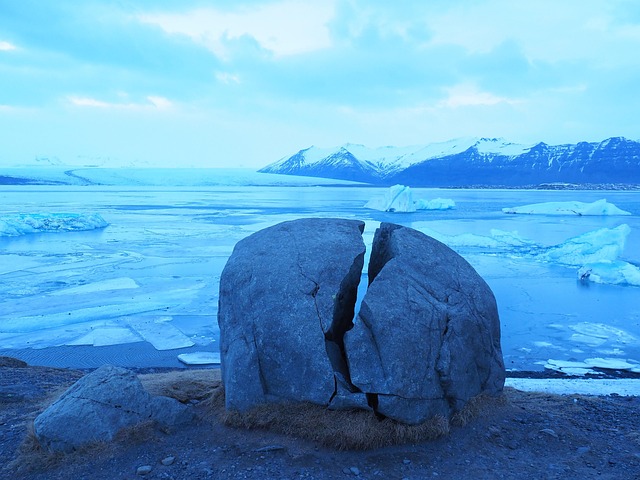Preserving Melting Worlds: The Impact of Environment and Climate Change on Natural Resources
As we navigate through the 21st century, the stark realities of climate change and environmental degradation are coming into sharper focus. The very essence of our natural resources is being challenged as they face unprecedented threats. Ice caps melt, forests are decimated, and oceans swell with pollutants—a cascade of consequences that no longer seem distant but are already reshaping our world.
Our natural resources, the backbone of life as we know it, are intricately linked to the health of our environment. They are not merely commodities; they’re threads woven into the fabric of our existence. The air we breathe, the water we drink, and the land that sustains us are all at risk if we don’t take immediate action. The melting of glaciers, for instance, jeopardizes freshwater supplies for millions. The delicate ecosystems that rely on these ice formations are crumbling, leading to the loss of biodiversity and the extinction of species.
In many regions, climate change compounds existing issues—droughts become more severe, and floods occur with alarming regularity. The impact on agriculture cannot be overstated; crops fail in heat waves, while erratic weather patterns disrupt planting and harvest seasons. This fluctuation not only threatens our food security but also diminishes the livelihoods of farmers who depend on the land.
The forested areas that once served as carbon sinks are suffering under the weight of increased temperatures and invasive species. Wildfires, once seasonal, now strike with greater intensity and frequency, resulting in further loss of natural resources that are essential for ecological balance. These forests are vital not only for their role in sequestering carbon but also as habitats for countless species. The erosion of these ecosystems creates a ripple effect, leading to destabilized climate systems that we may struggle to navigate.
Our oceans, the lungs of the planet, face similar threats. Coral reefs, often dubbed the rainforests of the sea, are dying at alarming rates due to rising temperatures and acidification. These vibrant ecosystems are crucial for supporting marine life and protecting coastlines. The loss of coral reefs impacts fisheries that millions rely upon for sustenance, magnifying the plight of communities whose lives are bound to these natural resources.
Addressing climate change requires a profound shift in how we view and utilize our natural resources. We need to foster a culture of sustainability that values preservation over exploitation. This means embracing renewable energy sources, protecting our remaining forests, and rehabilitating damaged ecosystems. Education plays a crucial role here; by informing ourselves and others, we can advocate for policies that prioritize both environmental health and the sustainability of our natural resources.
In engaging with these challenges, we cultivate a deep sense of responsibility not just for today but for future generations. The actions we take—or fail to take—will determine the state of our natural resources and the environment that sustains them. Preservation is not merely an act of goodwill; it is a necessity for survival. Each step we take towards a more sustainable future is a step towards safeguarding the melting worlds around us.



